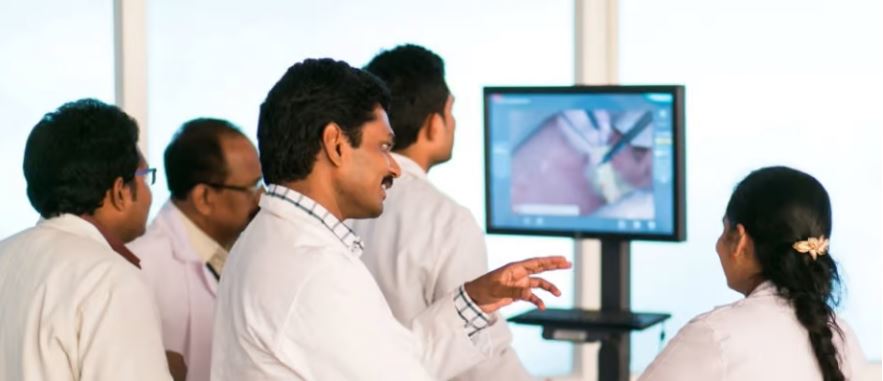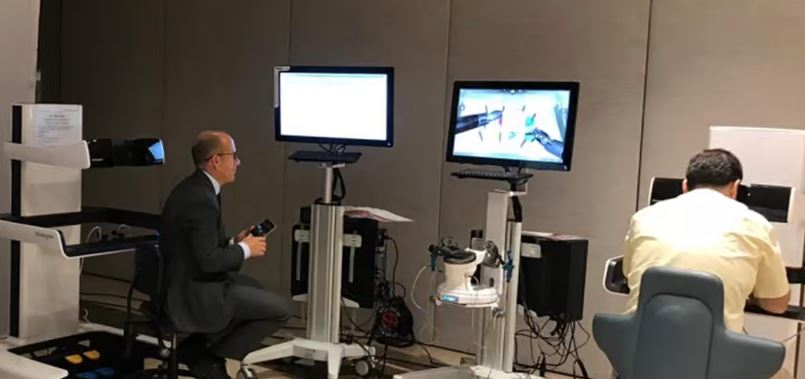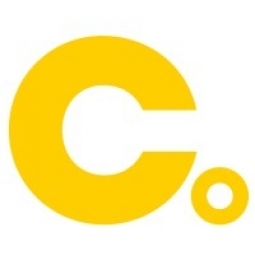Company Size
1,000+
Region
- Europe
Country
- Denmark
Product
- CensorNet Multi-Factor Authentication (MFA)
Tech Stack
- Citrix NetScaler
- Cisco ASA VPN
- SSH Gateway
Implementation Scale
- Enterprise-wide Deployment
Impact Metrics
- Digital Expertise
- Productivity Improvements
Technology Category
- Cybersecurity & Privacy - Identity & Authentication Management
Applicable Industries
- Education
Applicable Functions
- Human Resources
Use Cases
- Regulatory Compliance Monitoring
- Remote Asset Management
Services
- Cybersecurity Services
About The Customer
DTU (Technical University of Denmark) is internationally recognized as a leading university in the areas of technology and the natural sciences. It is known for its business-oriented approach, its focus on sustainability, and its appealing study environment. Today, DTU is ranked as one of the foremost technical universities in Europe. It continues to set new records in publishing, in the partnerships it develops with industry, and in assignments undertaken by DTU’s public sector consultancy. DTU’s IT service function serves a wide range of departments, university entities, and affiliated companies who benefit from their modern IT setup and infrastructure.
The Challenge
DTU, one of the leading technical universities in Europe, faced the challenge of providing secure access to a wide range of systems and applications for its 1400 employees. The university's IT service function serves a wide range of departments, university entities, and affiliated companies who benefit from their modern IT setup and infrastructure. Employee remote access from across Europe is enabled through a number of login systems including Citrix, Cisco, and SSH. Initially, users accessing these systems were required to carry around hardware tokens for authentication when logging in. However, the token-based setup was becoming increasingly time-consuming to manage and was causing frustration for both users and the IT team managing the solution.
The Solution
CensorNet Multi-Factor Authentication (MFA) was identified as the ideal solution to support DTU’s security requirements. The advantages of this solution have been clear. Since the initial implementation, the use of CensorNet MFA has also been expanded to cover user authentication of around 400 scientists accessing DTU’s supercomputer named Computerome. Computerome is currently listed as number 236 of the top 500 most powerful supercomputers in the world and is used to process large amounts of data for scientific research in medicine and biology. Given the fact that Computerome stores and processes patient data, it was vital for DTU to add multi-factor authentication protection in order to meet regulatory requirements around storing healthcare data.
Operational Impact

Case Study missing?
Start adding your own!
Register with your work email and create a new case study profile for your business.
Related Case Studies.

Case Study
IoT platform Enables Safety Solutions for U.S. School Districts
Designed to alert drivers when schoolchildren are present, especially in low-visibility conditions, school-zone flasher signals are typically updated manually at each school. The switching is based on the school calendar and manually changed when an unexpected early dismissal occurs, as in the case of a weather-event altering the normal schedule. The process to reprogram the flashers requires a significant effort by school district personnel to implement due to the large number of warning flashers installed across an entire school district.

Case Study
Revolutionizing Medical Training in India: GSL Smart Lab and the LAP Mentor
The GSL SMART Lab, a collective effort of the GSL College of Medicine and the GSL College of Nursing and Health Science, was facing a challenge in providing superior training to healthcare professionals. As clinical medicine was becoming more focused on patient safety and quality of care, the need for medical simulation to bridge the educational gap between the classroom and the clinical environment was becoming increasingly apparent. Dr. Sandeep Ganni, the director of the GSL SMART Lab, envisioned a world-class surgical and medical training center where physicians and healthcare professionals could learn skills through simulation training. He was looking for different simulators for different specialties to provide both basic and advanced simulation training. For laparoscopic surgery, he was interested in a high fidelity simulator that could provide basic surgical and suturing skills training for international accreditation as well as specific hands-on training in complex laparoscopic procedures for practicing physicians in India.

Case Study
Implementing Robotic Surgery Training Simulator for Enhanced Surgical Proficiency
Fundacio Puigvert, a leading European medical center specializing in Urology, Nephrology, and Andrology, faced a significant challenge in training its surgical residents. The institution recognized the need for a more standardized and comprehensive training curriculum, particularly in the area of robotic surgery. The challenge was underscored by two independent studies showing that less than 5% of residents in Italian and German residency programs could perform major or complex procedures by the end of their residency. The institution sought to establish a virtual reality simulation lab that would include endourological, laparoscopic, and robotic platforms. However, they needed a simulator that could replicate both the hardware and software of the robotic Da Vinci console used in the operating room, without being connected to the actual physical console. They also required a system that could provide both basic and advanced simulation training, and a metrics system to assess the proficiency of the trainees before they performed surgical procedures in the operating theater.

Case Study
Edinburgh Napier University streamlines long-distance learning with Cisco WebEX
• Geographically dispersed campus made in-person meetings costly and inconvenient.• Distance-learning programs in Malaysia, India, and China required dependable, user-friendly online tools to maximize interaction in collaborative workspaces.• Virtual learning environment required a separate sign-in process, resulting in a significant administrative burden for IT staff and limited adoption of collaboration technology.

Case Study
8x increased productivity with VKS
Before VKS, a teacher would spend a lot of time showing a group of 22 students how to build a set of stairs within a semester of 120 hours. Along with not leaving the teacher much time to provide one-on-one support for each student to properly learn carpentry, it also left a considerable amount of room for error. Key information would be misinterpreted or lost as the class was taught in the typical show-and-tell way.

Case Study
Scalable IoT Empowering GreenFlex's Sustainable Growth
GreenFlex, a company that supports sustainable development, decarbonization, and energy efficiency, faced several challenges in its quest to expand its business. The company needed to deploy a robust and sustainable IoT technology to support its growth. It was crucial for them to monitor and control devices at customer sites in a safe and reliable manner. They also needed to integrate devices across a range of communication protocols and gather and act on data to meet efficiency targets. GreenFlex had previously built IoT capabilities into its digital platform, GreenFlexIQ, to monitor and manage customer sites remotely. However, they soon realized that they needed a new platform to support their ambitions. They needed a platform that could scale to connect more devices for production management and make it easier for the operations team to manage devices in the field.



